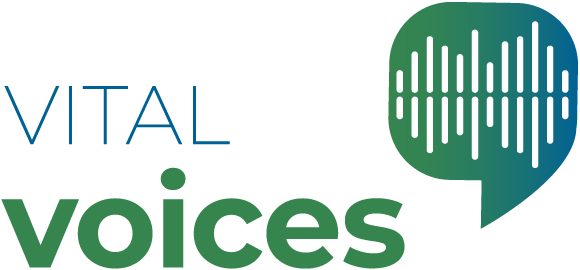Being diagnosed with hepatitis C
NOTE: Quotes are presented word for word apart from minor editing for readability and clarity. Identifying details have been removed. Square brackets show text that has been added or, where ellipses (three dots) appear, show that text has been removed. Ellipses without square brackets indicate a pause. For example, ‘I had the nurses explaining to me, like, how easy it was […to have] treatment and I went to the [hospital liver clinic] and there was a doctor … can’t think of her last name, really nice lady […] Yeah, she explained everything to me and said it was a good time for me to do it now and, yeah, [I] just stuck with her and got that done’.
The people we interviewed for this website describe many different experiences of hepatitis C testing and diagnosis. For some, testing is a regular part of their healthcare, while others only found out about the virus after tests for other health issues or when donating blood. The experiences recounted in this section address different testing locations too. While many had tests and treatment in healthcare services (specialist or generalist), some received their diagnosis in other settings such as prisons.
They also describe a range of different responses to diagnosis. Several participants say diagnosis was a significant moment in their lives that influenced their vitality, sense of self and their social relationships (see also, Living with hepatitis C). Others say diagnosis was a minor concern for them and that they rarely thought about it, sometimes taking years before deciding to have treatment (see also, Treatment decisions: Family, friends and other important relationships).
The experiences and perspectives reported here also highlight the vital importance of social relationships in shaping how people understand their hepatitis C diagnosis. Many participants talk about being more worried about the potential implications of their diagnosis for their loved ones than for themselves (see also, Living with hepatitis C).

